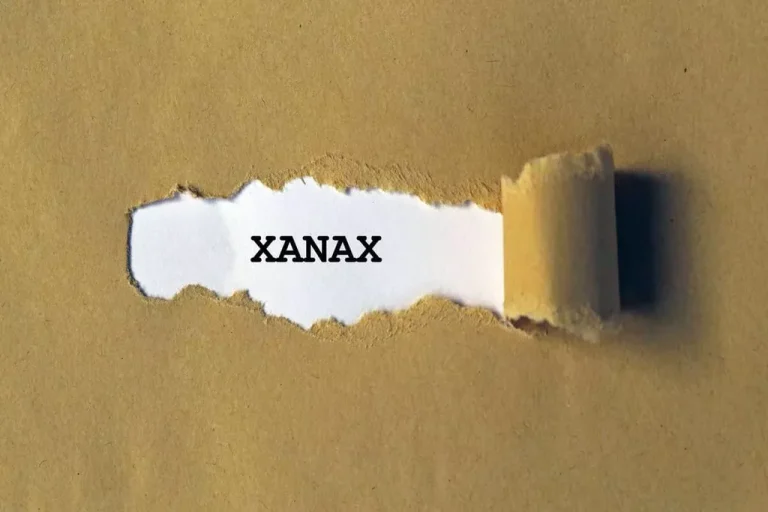
Since alcohol is a depressant, it can easily worsen depression in an individual who drinks excessively. A lack of vitamin C can deplete bone and muscle strength, leading to chronic fatigue and a lack of energy. In addition, folate deficiencies can cause anemia, wherein the body lacks red blood cells for carrying oxygen to the tissues3. Long-term nutrient deficiency resulting from high alcohol intake can have severe and wide-ranging impacts on a person’s health and bodily functions. Too much alcohol can cause inflammation in your stomach lining and pancreas.
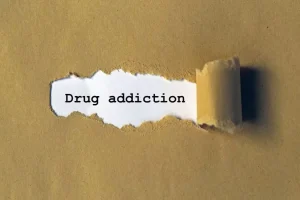
Signs and symptoms of AWS
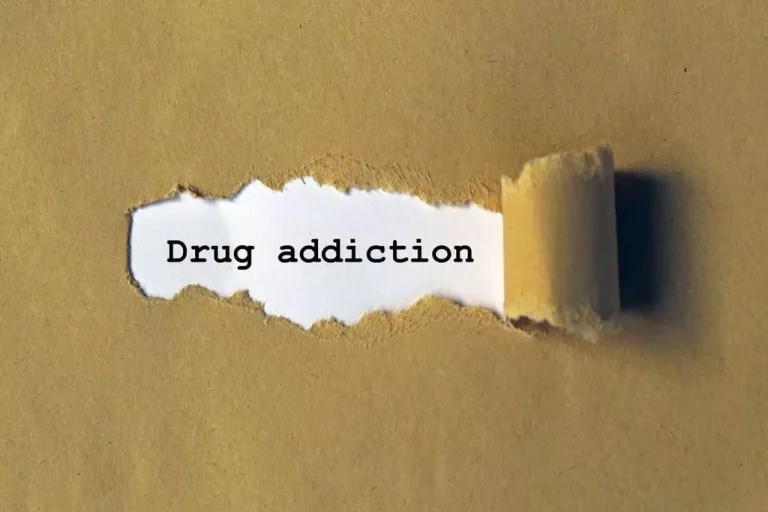
But, there are a variety of supplements that may also help to satisfy your physical and mental needs for alcohol. Information provided on Forbes Health is for educational purposes only. Your health and wellness is unique to you, and the products and services we review may not be right for your circumstances.
Why Are Vitamin And Mineral Supplements Recommended For Alcohol Detox?
A doctor may recommend taking supplements to help them through the detoxification process. Vitamins can only provide some protection against oxidative stress caused by alcohol. However, they cannot entirely prevent the adverse effects of chronic alcohol abuse on the brain. Research suggests certain B vitamins can help treat alcoholic liver disease by alleviating alcohol-induced oxidative stress8.
Can vitamins protect the brain from alcohol’s adverse effects?
However, while some studies support using certain supplements, it is important to know that not all directly impact alcohol withdrawal symptoms. Taking supplements can help alcoholics in experiencing withdrawal symptoms or undergoing detoxification. Some vitamins can provide significant benefits to counter some of the adverse effects of drinking. In addition to supplements for alcohol cravings, there are several prescription medications that can help you cut back or quit drinking.
Call Insight Recovery Centers Today to Start Treatment
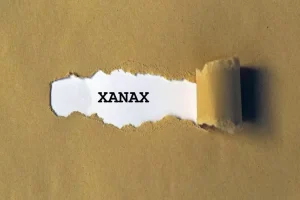
While vitamins alone cannot treat alcohol withdrawal syndrome, B vitamins, especially thiamine (B1), may be administered as part of medical treatment to address nutritional deficiencies. Alcohol interferes with the digestion and absorption of nutrients. Although small amounts of alcohol may not have a big impact on your nutritional health, many chronic, heavy drinkers struggle with significant nutrient deficiencies.
What Are the Most Important Vitamins to Take for Alcohol Use Disorder?
Remember that nutritional therapy should be just one best supplements for alcoholics piece of your whole treatment program. To stay in recovery and live a healthier, happier life, you need to try other things. It may leave you anxious, out of sorts, and make it hard to sleep. Over time, too much alcohol can make your body less able to absorb some of the important nutrients you need, even if you’re eating a healthy diet. Combined with poor nutrition, this may increase your risk of alcohol-induced injury to your liver, intestines, lungs, and brain.
About Medical News Today
We do not offer individual medical advice, diagnosis or treatment plans. Overall, I would 100% recommend giving kanna a whirl—either as an alcohol replacement or an all-natural way to relieve stress. I can’t say I experienced any major negative side effects after consuming kanna, including the morning after, which is much more than most people can say for alcoholic beverages. The suite of B vitamins is essential for everyday brain functions, and that’s especially true for the heavy drinker.
- Magnesium is a vital mineral that participates in more than 300 biochemical reactions in the body.
- Use of this site constitutes acceptance of Sober Recovery’s “Terms of Use”, “Privacy Policy”, “Cookie Policy”, and “Health Disclaimer”.
- These deficiencies can impact your vision, bones, blood, and even lead to severe neurological damage.
- Studies show that glycine is useful in treating both alcoholic hepatitis and carcinoma caused by alcoholic cirrhosis.
- Taking a vitamin C supplement can help you feel better, which is essential to maintaining your sobriety.
- This amino acid occurs naturally in the body and many protein-rich foods, and is a building block for some of the brain chemicals that regulate anxiety and depression.
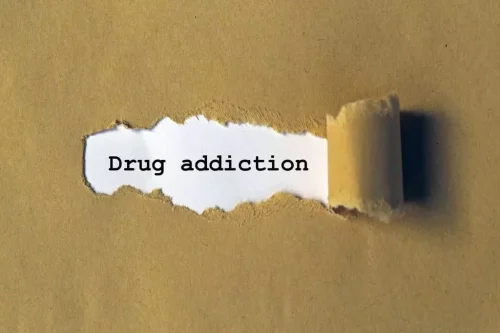
As such, your body is leeched of it’s normal reserves of crucial vitamins – especially your B-complex vitamins. Various studies show that vitamin C reduces stress and anxiety and decreases the severity of depression (62-67). And high doses of vitamin C have been shown to increase endorphin levels, decrease opioid use, and reduce the withdrawal syndrome of heroin addicts (58).

